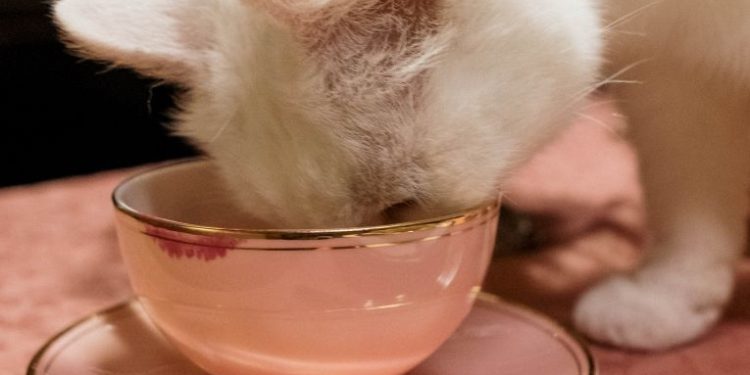Welcoming a new feline friend into your home brings immense joy and responsibility. As a responsible cat owner, it is essential to prioritize your cat’s nutrition to ensure a healthy and happy life. Selecting the right cat food is a crucial decision that can significantly impact your pet’s overall well-being. With a myriad of options available, it’s important to be well-informed about what to look for when choosing the ideal diet for your feline companion. In this blog post, we will guide new pet owners through the essential factors to consider when selecting cat food.
- Understanding the Nutritional Needs of Cats: Cats have unique nutritional requirements as obligate carnivores. They thrive on a diet rich in animal-based proteins, fats, and essential nutrients. Familiarize yourself with the basic nutritional needs of cats, including high-quality protein, moderate fat content, minimal carbohydrates, and essential vitamins and minerals.
- High-Quality Animal Protein Sources: Protein is crucial for cats as it supports their overall health, including muscle development and maintaining healthy skin and coat. Look for cat food that lists high-quality animal protein sources, such as chicken, turkey, fish, or beef, as the primary ingredients. Ensure that the source of protein is clearly specified (e.g., “chicken” instead of generic terms like “meat by-products”).
- Adequate Fat Content: Cats require a moderate amount of fat in their diet for energy and to support various bodily functions. Look for cat food that includes quality sources of animal-based fats like chicken fat or fish oil. These fats provide essential fatty acids, such as Omega-3 and Omega-6, which contribute to healthy skin and a lustrous coat.
- Limited Carbohydrates: Cats have a limited ability to digest carbohydrates, so their diets should contain minimal amounts of carbohydrates. Look for cat food that focuses on protein and healthy fats rather than relying heavily on grains or fillers. A low-carbohydrate diet more closely aligns with a cat’s natural dietary needs.
- Essential Vitamins and Minerals: Cat food should provide a balance of essential vitamins and minerals to support your cat’s overall health and well-being. Look for foods that contain vitamins like A, D, E, and B-complex, as well as minerals like calcium, phosphorus, and taurine. These nutrients contribute to healthy growth, proper organ function, and a strong immune system.
- Avoid Artificial Additives: Artificial additives, including colors, flavors, and preservatives, should be avoided in cat food. Opt for brands that use natural preservatives like vitamin E or rosemary extract. Artificial additives can potentially lead to allergies, digestive issues, or other health concerns in cats.
- Wet or Dry Food Options: Consider whether to feed your cat wet or dry food, or a combination of both. Wet food provides hydration and can be beneficial for cats that struggle to drink sufficient water. Dry food helps maintain dental health and can be convenient for pet owners. Assess your cat’s preferences, dental health, and overall well-being when deciding between the two options.
- Consult with Your Veterinarian: Each cat is unique, and their nutritional needs may vary depending on factors such as age, breed, weight, and any existing health conditions. Consult with your veterinarian to determine the most appropriate diet for your cat’s specific requirements. They can offer personalized recommendations and guidance based on your cat’s individual needs.
Choosing the right cat food is paramount in providing optimal nutrition for your feline companion. By understanding your cat’s unique nutritional needs, prioritizing high-quality animal protein, limiting carbohydrates, and avoiding artificial additives, you can make an informed decision. Remember to consult with your veterinarian for personalized advice based on your cat’s specific requirements. A well-balanced and nutritious diet will contribute to your cat’s vitality, longevity, and overall happiness.










